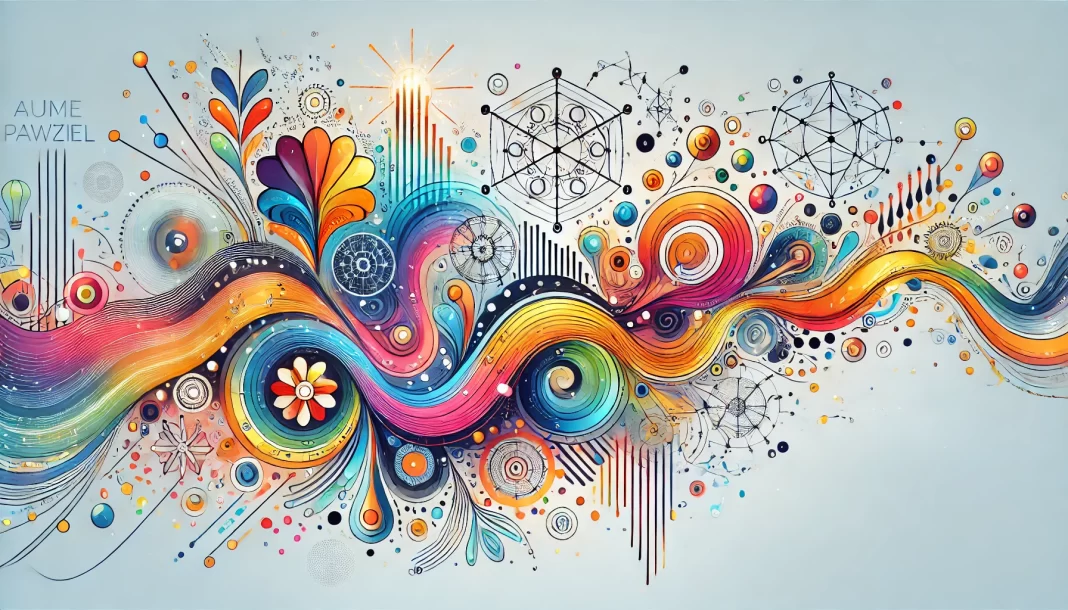Aume Pawziel, a term whose exact origins are often debated, has captured the attention of cultural historians, linguists, and enthusiasts of esoteric traditions for years. While the specific meaning of Aume Pawziel remains elusive, its influence across various fields—from philosophy and literature to spiritual practices and modern-day movements—has been undeniable. This article seeks to explore the concept of Aume Pawziel, its potential origins, its evolution, and the impact it has had on various communities.
Origins and Etymology of Aume Pawziel
The phrase Aume Pawziel has intrigued researchers, especially because it does not directly correlate with any widely recognized language or historical tradition. Scholars propose several theories about its etymology, pointing to influences from ancient languages, mystical texts, or even modern-day constructed languages. Some suggest that Aume may derive from an ancient word for “spirit” or “light,” while Pawziel could be linked to terms associated with knowledge or enlightenment.
There is also speculation that Aume Pawziel may have been introduced to the world through secretive orders or societies, which often blend linguistic innovations with esoteric principles. Whether it arose organically or was deliberately crafted as part of an occult framework remains unclear.
Aume Pawziel and Esoteric Traditions
In the context of esoteric and mystical traditions, Aume Pawziel has often been linked to the pursuit of higher knowledge and spiritual awakening. It is believed by some that Aume Pawziel represents a kind of threshold—a boundary between mundane existence and a deeper, transcendent state of being. Some occult groups even claim that the phrase serves as a key to unlocking hidden truths about the universe and the soul.
Historically, such terms are often imbued with symbolic power and used as passwords or invocations in ritualistic practices. Aume Pawziel, when spoken aloud or meditated upon, is thought to open a metaphysical doorway, allowing those who engage with it to tap into higher realms of consciousness or understanding. While these beliefs are not universally accepted, they have contributed to the allure and mystique surrounding Aume Pawziel.
Influence in Literature and Philosophy
Aume Pawziel’s influence extends beyond the realms of mysticism into the world of literature and philosophy. In literary circles, the term has been adopted by authors and poets seeking to convey complex ideas about transcendence, enlightenment, or the conflict between the known and the unknown. Some writers have used Aume Pawziel as a metaphor for the mysterious force that drives human curiosity and the unrelenting quest for deeper meaning.
Philosophers have also engaged with the term, particularly in existential and metaphysical discussions. Some see Aume Pawziel as a symbol for the existential longing that humans experience when confronted with the mysteries of life, death, and the cosmos. In this context, Aume Pawziel represents not just a linguistic or cultural artifact but a philosophical concept—the pursuit of knowledge beyond the ordinary and the limits of human comprehension.
Aume Pawziel in Contemporary Culture
In the modern era, Aume Pawziel has experienced a resurgence in popularity, particularly among those interested in new age philosophies, personal development, and spiritual practices. Social media platforms and online communities have embraced the term, often interpreting it as a symbol of self-empowerment, awakening, or personal transformation.
Some contemporary spiritual movements have adopted Aume Pawziel as a mantra or affirmation, believing that its repetition can trigger profound shifts in consciousness. Online discussions often focus on how the phrase can be used as a tool for meditation or visualization, fostering inner peace and clarity. The growing interest in mindfulness, meditation, and alternative spiritual practices has further fueled the spread of Aume Pawziel’s influence.
Cultural and Global Impact
The impact of Aume Pawziel is not confined to a single cultural or geographical space. Across various cultures, the term has found resonance in different ways. For instance, in some Eastern philosophies, it may be associated with the concept of awakening or enlightenment, while in Western traditions, it may align with the search for divine knowledge or connection.
In a globalized world, where spiritual and philosophical ideas often intersect, Aume Pawziel serves as a bridge between different schools of thought. Its adaptability across various cultural contexts speaks to a universal desire for deeper understanding, transcending the boundaries of language and tradition.
Conclusion
Aume Pawziel, whether as a term or an idea, has left an indelible mark on diverse fields of human thought and expression. Its elusive origins only add to its enigmatic allure, allowing it to transcend cultural, linguistic, and philosophical boundaries. Whether viewed as an esoteric symbol, a literary device, or a tool for personal transformation, Aume Pawziel continues to inspire those in search of greater meaning and insight. Its influence, ever-evolving, suggests that the search for deeper truths is a timeless and universal aspect of the human experience.

 Tech6 months ago
Tech6 months ago
 News1 year ago
News1 year ago
 News1 year ago
News1 year ago
 Life Sytyle1 year ago
Life Sytyle1 year ago
 Fashion2 years ago
Fashion2 years ago
 News1 year ago
News1 year ago
 Tech2 years ago
Tech2 years ago
 Tech1 year ago
Tech1 year ago







11 Comments